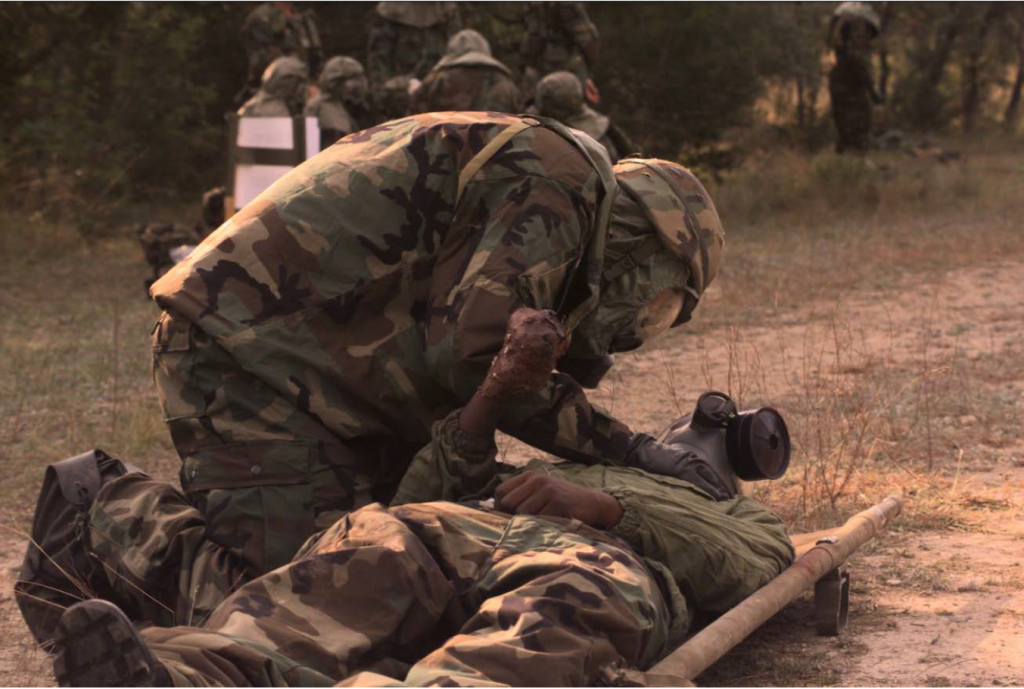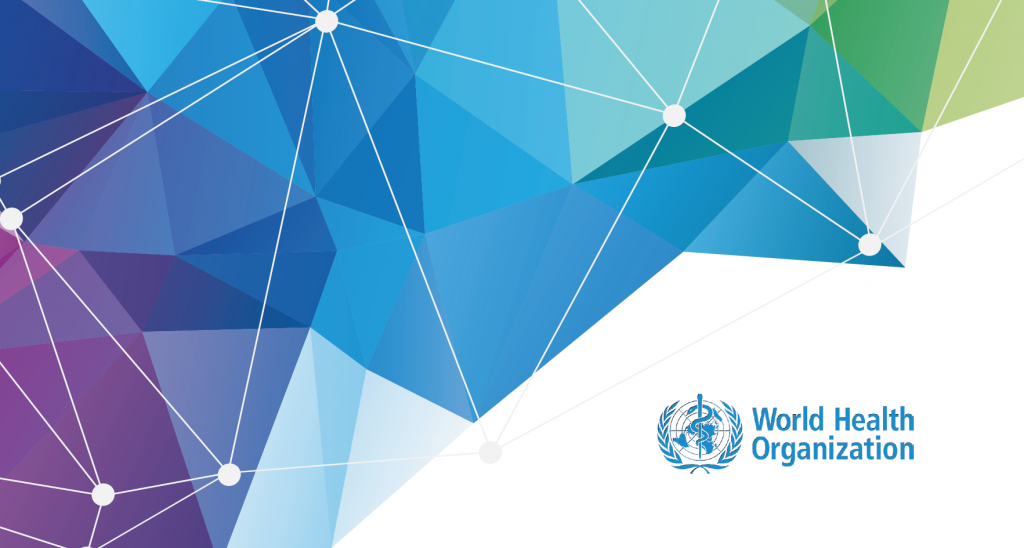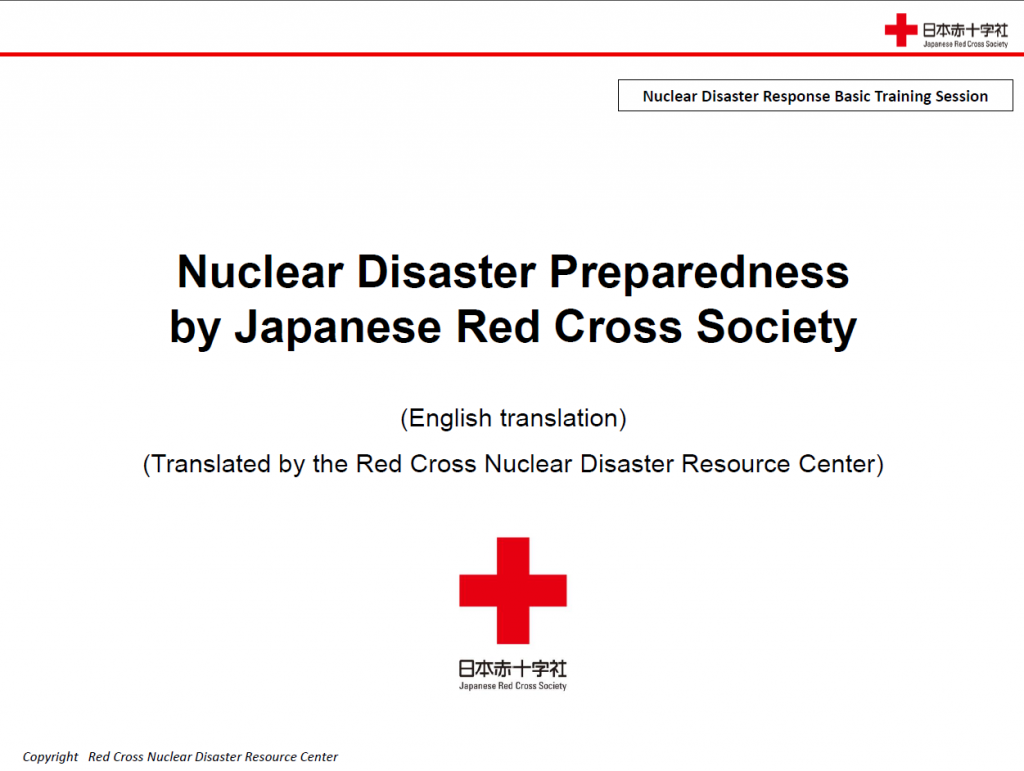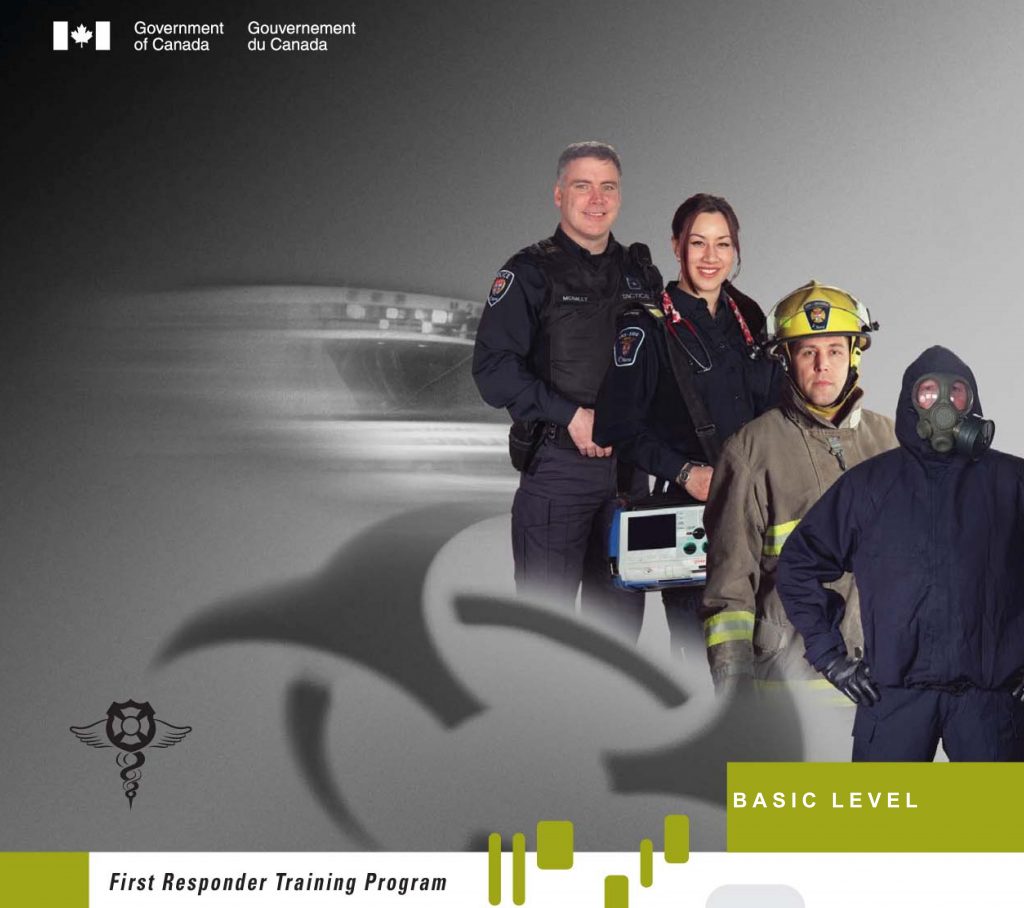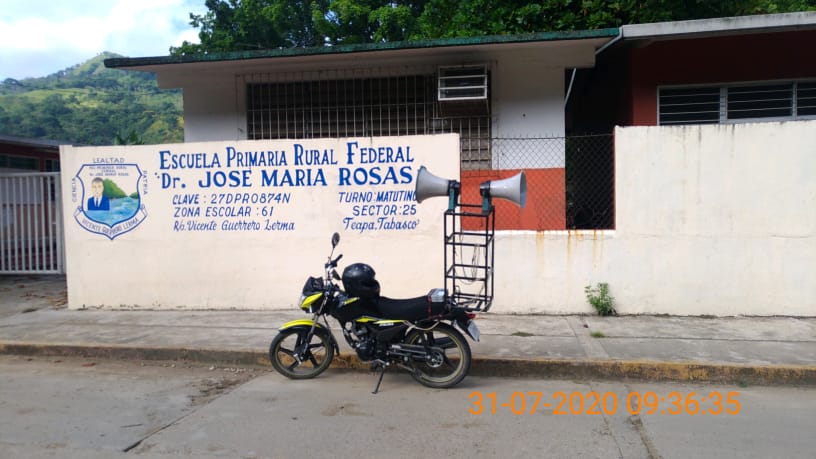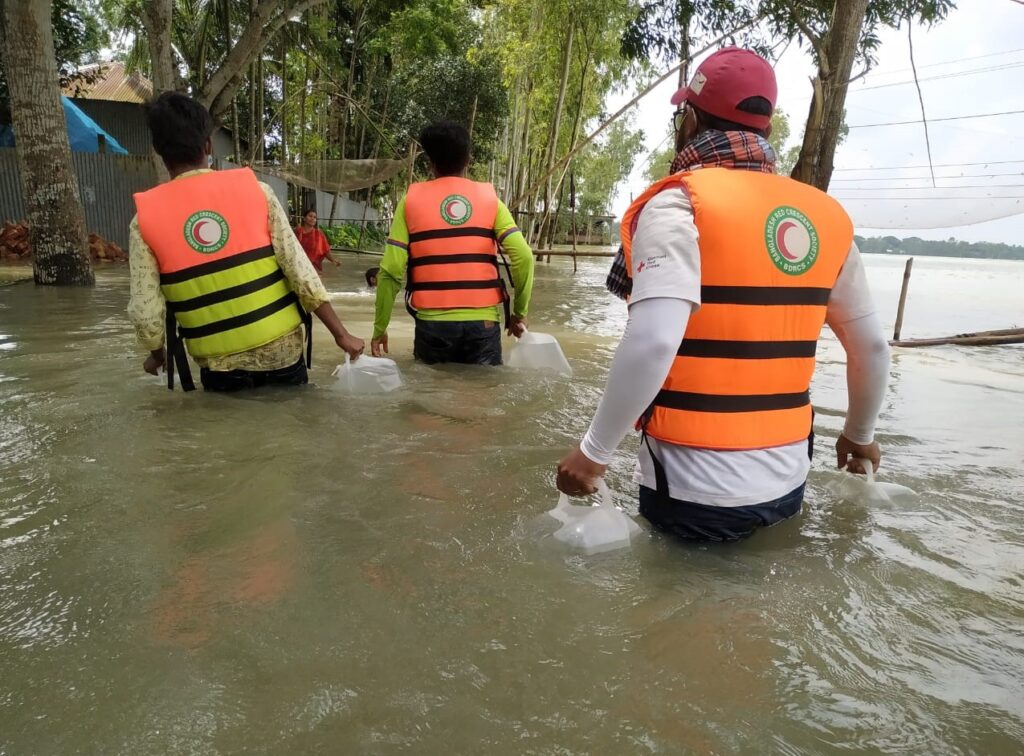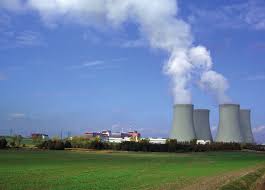Radiological – Nuclear Hazards (US)
Different guidance material covering the topic of Radiation protection and nuclear from different US Departments (NAVY, AFFRI…). The publications cover the basics of radiation protection to different in depth explanations and also provide guidance and describe protective measures and best practices.
Radiological – Nuclear Hazards (US) Read More »

